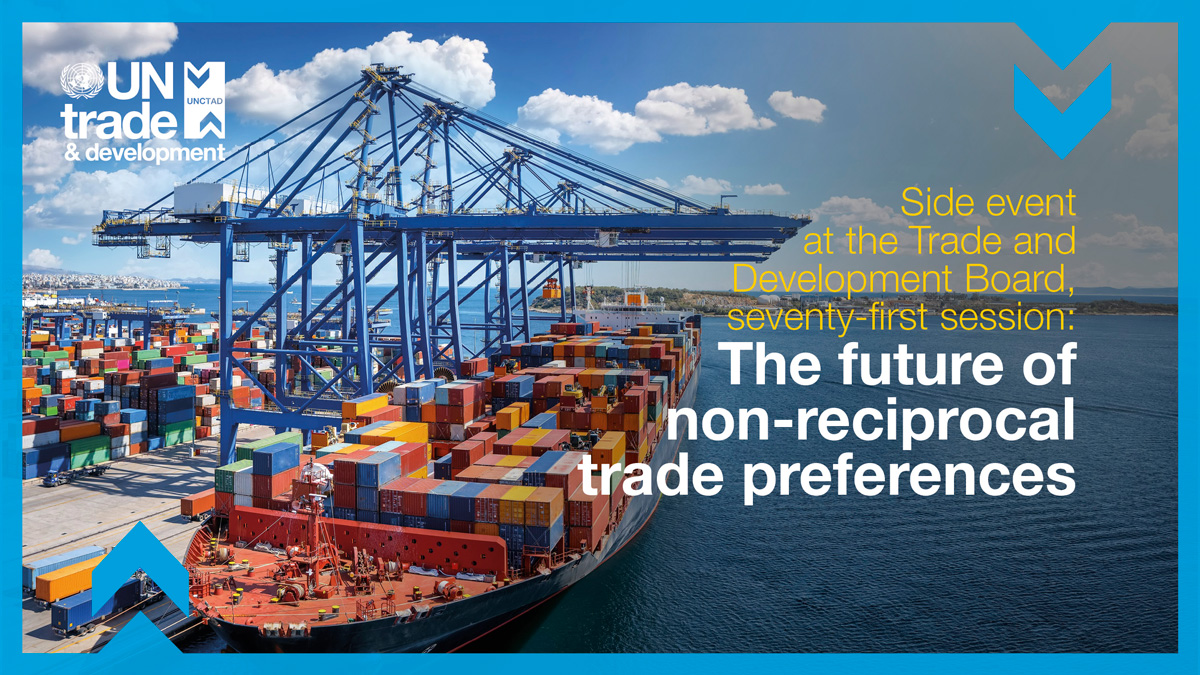Since the 1970s, non-reciprocal trade preferences (NRTPs) have supported developing countries' export growth, industrialization, and diversification. Today, the NRTPs stand at a crossroads. The new UN Trade and Development (UNCTAD) publication, Trade Preferences Outlook 2024, demonstrates how the effectiveness of preferential tariffs diminished as a tool to foster exports as “Most Favoured Nation” tariffs have fallen, free trade agreements have proliferated, and non-tariff measures have become more prevalent.
Meanwhile, the rapidly evolving international trade landscape and an increase in the technological content of production have changed the drivers of comparative advantage. Tariff preferences alone do not sufficiently help developing countries attract foreign direct investment that can drive technology transfer to increase domestic productive capacity.
In light of these global trends and the continuing need of vulnerable developing countries for enhanced market access to their exports, the time is ripe for the international community to assess what shape the future of trade preferences should take. This side event aims to stimulate debate on two key questions:
- Does the current set-up of NRTPs remain effective in responding to market access challenges facing beneficiary countries under today's international trade landscape?
- What can be a new paradigm for "market access cooperation" beyond tariff preferences that better meet beneficiary countries' needs for inclusive and sustainable growth and development?
Participation and Registration
The event is open to all delegates from member States, trade specialists, academics and other participants.
Logistics
The session will be held with physical participation in room XXIII of the Palais des Nations.
Those who cannot attend the meeting in person will be able to listen to the live audio stream. The link to listen live will be sent to registered participants at the email address used for registration, one day in advance of the start of the session.

